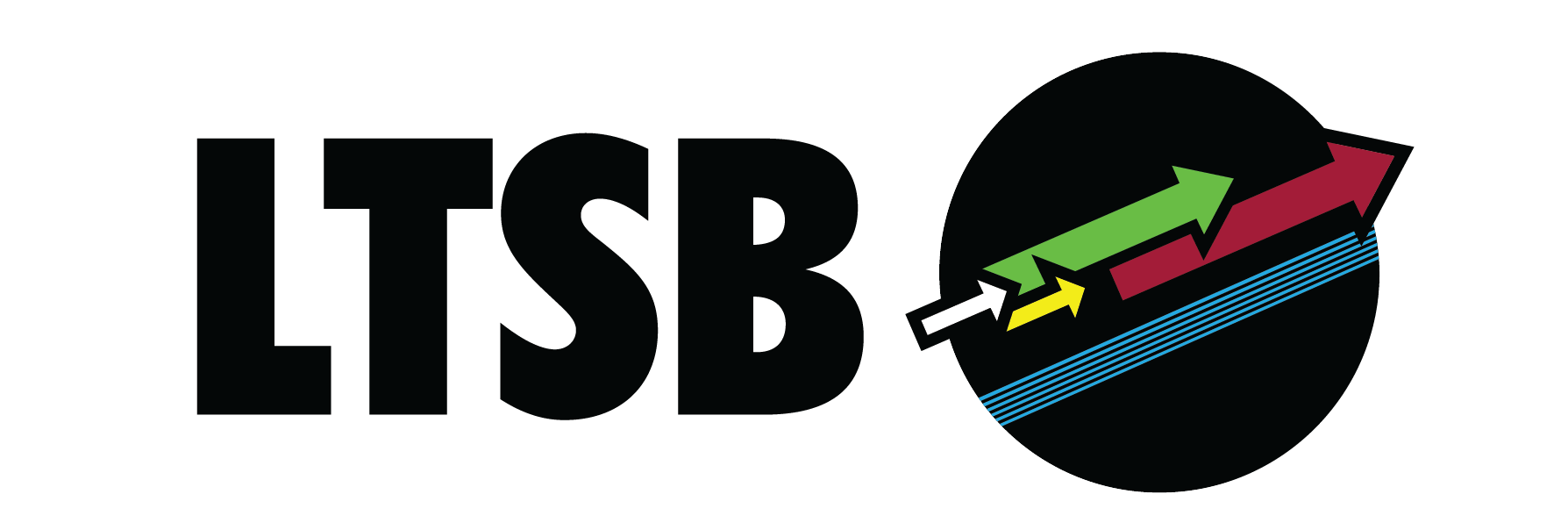On May 25, a black man died in Minneapolis. He died handcuffed and pinned to the ground by the knee of a white law enforcement official. His name was George Floyd.
George Floyd.
This is not just an American issue, but an issue experienced by black people in the UK too.
The Black Lives Matter movement is not just about protesting the injustices that are happening in the USA but also about everyday racism faced by black people in the UK and across the world.
We need to recognise that racism is deeply ingrained in our economic, political and social systems. It is derived from a history of slavery, colonialism and imperialism that the UK has repeatedly and consistently financially benefitted from.
We are choosing to speak out against all racial injustices in the world with a specific focus on the UK. We stand with those who have been discriminated against, sidelined, attacked, murdered, refused employment, dismissed and rejected because they were black. There is a thread of white supremacy, white privilege and systemic racism that runs throughout so many sections of our society. This cannot be denied. It is a FACT. From the disparities in the race pay gap to the disturbing number of black and ethnic minorities dying from COVID-19, to the Grenfell Tower response.
George Floyd was an ordinary man, but he will be noted in history as a global catalyst for change and equality- sadly through his death. His death is more than police brutality, it sheds a light on an all too familiar truth for Black people.
His death highlights how black people are more likely to be stopped and searched due to racial profiling, how black women are 5x more likely to die in childbirth than their white counterpart, how crimes where black people are the victim are too often not investigated to the same degree if it were a white victim, the suspicion people feel when they see a group of black people, how black hair is often deemed unprofessional, especially in corporate settings.
These are just a FEW examples of modern racism in the UK, and these are just a FEW examples of its victims: Alton Manning, Seni Lewis, Shukri Abdi, Anthony Grainger, Adrian McDonald, Leon Patterson, Roger Sylvester, Brian Douglas, Jimmy Mubenga, Stephen Lawrence, Leon Briggs, Christopher Alder, Cherry Groce, Belly Mujinga, Sarah Reed, Sean Rigg, Smiley Culture, Mark Duggan, Kingsley Burrell, Joy Gardner and Sheku Bayoh.
The first steps to change are to acknowledge the problem, understand its causes and to want to be part of the solution. It is not enough to be silent, we need people to be anti-racist, challenge those in your circles, challenge your workplace practices, challenge your friends and family, and most of all, challenge yourself.
We support the #blacklivesmatter campaign, we will not just speak up for these injustices, but we will put our time, resources and knowledge together to ensure change happens. We will no longer be afraid.
At LTSB we have decided to look internally at our processes and actions and make changes where needs be. We ask our friends, supporters and young people to hold us accountable, and challenge us to do better.

